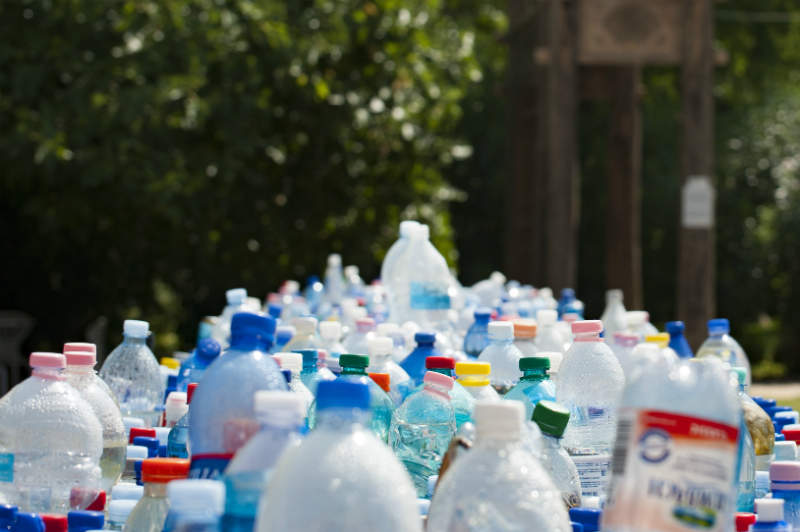
However, the Covid-19 coronavirus pandemic has seen many questioning the importance of plastics, especially single-use plastics for food packaging. Is plastic essential during this crisis, and have businesses and consumers put a hold to the war on plastic? Packaging Gateway invited experts to weigh in.
“I have no doubt that the likes of Danone, Unilever, Nestle, etc., will continue to pursue their plastic reduction strategies and initiatives as part of their stated commitments.”
London-based brand design agency Echo head of client services Alastair Jones told Packaging Gateway: “The short answer to this is yes. Like all aspects of our lives, the coronavirus outbreak will have impacted the so-called ‘war on plastic’, though I don’t think that it has consciously been ‘put on hold’. It also depends on what level we are talking about here.
“I have no doubt that the likes of Danone, Unilever, Nestle, etc., will continue to pursue their plastic reduction strategies and initiatives as part of their stated commitments.
“At an activist level, it will be a lot harder as people are unable to get out and make their voices heard. Similarly, on a more personal level, peoples’ attention will inevitably be focused on themselves, their families, and staying safe, so it is likely that best intentions might take a back seat.
“In addition, people will be even more conscious about the cost of things and if pursuing a non-plastic lifestyle is going to cost more than I suspect it will suffer as a result.”
Echo head of marketing and business development Megan Rae said: “Due to the coronavirus crisis, the refuse and recycling collection patterns will have been affected, with some of the workforces off sick or choosing to stay home. As a result, there have been missed collections and it is uncertain whether recycling collection is even going to come.

US Tariffs are shifting - will you react or anticipate?
Don’t let policy changes catch you off guard. Stay proactive with real-time data and expert analysis.
By GlobalData“Consequently, the routines of people at home will have been disrupted and waste is building up for them to dispose of how they can – sustainable practices may well not be a priority.”
“Covid-19 has changed the world as we know it”
For other businesses, the Covid-19 coronavirus pandemic is proving a good opportunity to re-evaluate plastics alongside other materials.
A representative from global plastics manufacturer Hi-Cone Gateway said: “Covid-19 has changed the world as we know it, from consumer habits to recycling capacity. Staying indoors provides us with more time on our hands.
“Jennifer Perr, the sustainability director of Hi-Cone, believes this is a time when we can learn to recycle more and truly understand different materials’ impact on the circular economy.”
The representative added that Hi-Cone has put effort into researching the environmental impacts of different materials, including plastic and paperboard.



